
Khuzaima Ahmad graduated from the U of S with a Bachelor of Science in Kinesiology in 2020 and is currently in the Master’s program of Physical Therapy, Class of 2024! Khuzaima has always been attracted to the healthcare field. During his undergrad, he had the opportunity to work with the indigenous population in Saskatoon along with the PAAL (Physical Activity and Active Living) program offered on Campus. Both opportunities pushed him toward achieving success in the health field and created his drive to enroll in Physical Therapy. He believes that becoming a physical therapist will give him the knowledge of the body required to help people live healthier and more fulfilling lives. Khuzaima believes that it is the responsibility of healthcare workers to be culturally competent and flexible when working with patients to ensure equitable services in a safe and trusting environment. Participating in this research will allow him to work closely with the indigenous communities in Saskatchewan in a culturally sensitive manner. Khuzaimas goal is to be the voice for the communities that go unheard. He wants to break down barriers and create bridges for underprivileged communities and support them in their journey to healthy and fulfilled lives.
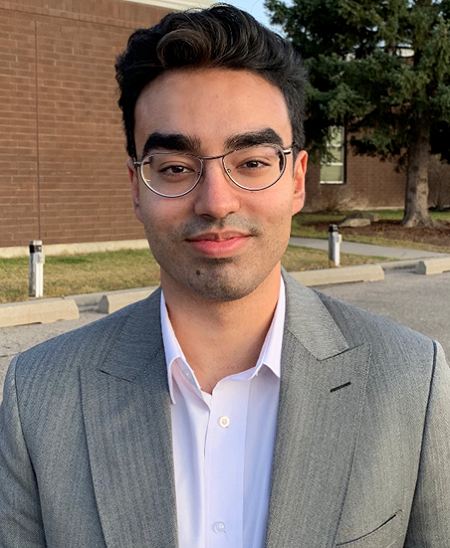
Kumel graduated with a Bachelor of Science degree in Exercise and Health Physiology from the University of Calgary (UofC). His interests in innovation and healthcare led him to then complete a Masters of Biomedical Technology at the UofC. He is now a first year Physical Therapy (MPT) student at the University of Saskatchewan and is looking to merge his background with innovation and technology for clinical rehabilitation. He has had prior research experiences in Chemistry, where he completed theoretical analysis of catalytic active sites for fuel cell reactions. He also contributed to the Antimicrobial Resistance and Sociotechnical System Analysis project during his time at W21C Research and Innovation Centre. In his free time Kumel enjoys being active and playing sports, given his experience coaching Tennis and volunteering at summer camps.
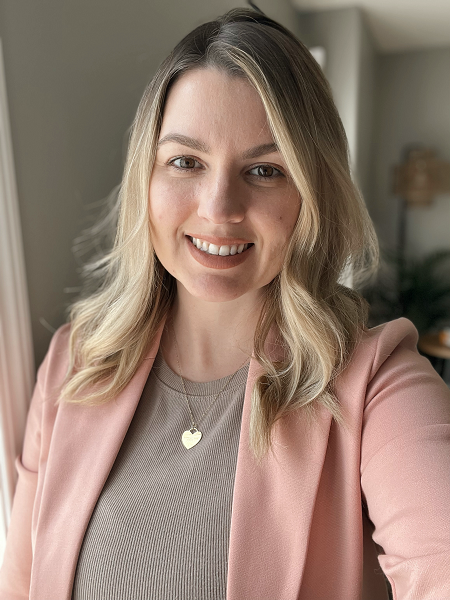
Briana graduated from St. Thomas University (Fredericton, NB) in 2013 with a Bachelor of Arts in French and Psychology. She has years of experience working for numerous departments within the Federal and Provincial Government. Over the last 2.5 years, Briana has gained experience working in Indigenous health research as the Administrative Liaison for the Canadian Institutes of Health Research – Institute of Indigenous Peoples’ Health. She looks forward to working at the MHAC Lab as a Research Coordinator to expand her knowledge and help facilitate Indigenous Health Research in a culturally safe and meaningful way.
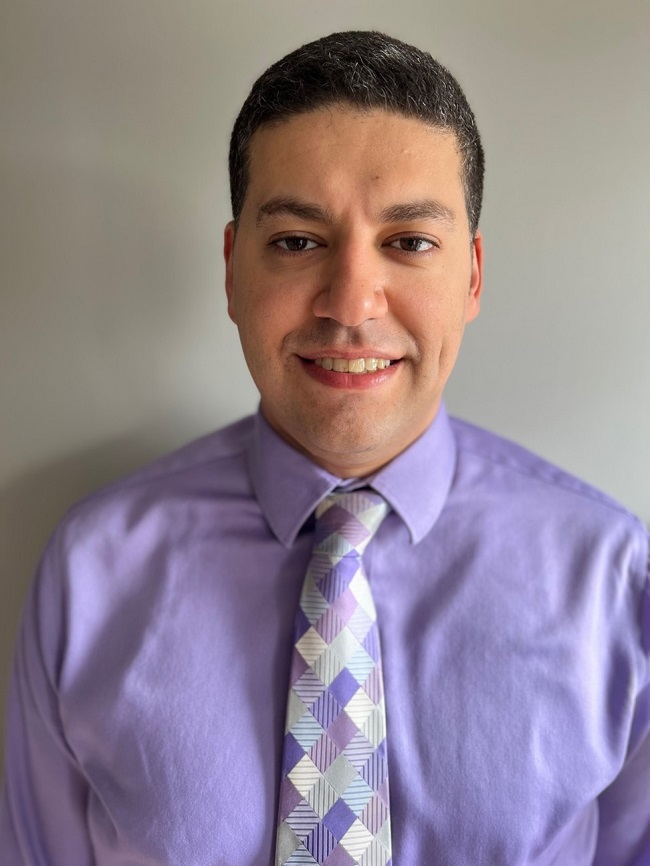
Hamza Dani recently graduated from the American University of Integrative Sciences (AUIS) School of Medicine. Prior to this, he earned a Bachelor of Science with honours in biochemistry at Mount Allison University in Sackville, New Brunswick. Hamza is working closely with Dr. Lovo as a Research Assistant on the Role of Practitioners in Indigenous Wellness Course and the Community-Directed Virtual Care Strategies for the Management of Neuropathic Pain in Remote Indigenous Communities. This work aims to enhance the understanding, compassion, communication skills, and ability for health care practitioners to create culturally safe health care spaces for patients and their families. Hamza completed most of his clinical rotations with underserved populations in Atlanta, GA and completed clinical rotations in Pelican Narrows, SK. This work aligns well with Hamza’s goals as a future family physician to work in northern Saskatchewan to provide culturally safe health care to patients in underserved areas.

Rosalie obtained a master's degree in physiotherapy from the University of Sherbrooke in Quebec in 2020. She practiced part-time in a private clinic with pediatric patients while completing a master's degree in research. Her master's project focused on evaluating the acceptability of a telerehabilitation intervention offering rehabilitation services to families with children with motor difficulties. Rosalie is interested in improving pediatric rehabilitation practices and more particularly for clients encountering major access barriers. She is currently doing a PhD in collaboration with the University of Sherbrooke and the University of Saskatchewan. She wants to explore how current rehabilitation services could be modified to better meet the needs of Indigenous families across Canada. As part of her doctoral project, she aims to explore the perceptions of Indigenous families towards telerehabilitation and co-develop with the communities, a training program aimed at sharing the best practices of culturally safe telerehabilitation.
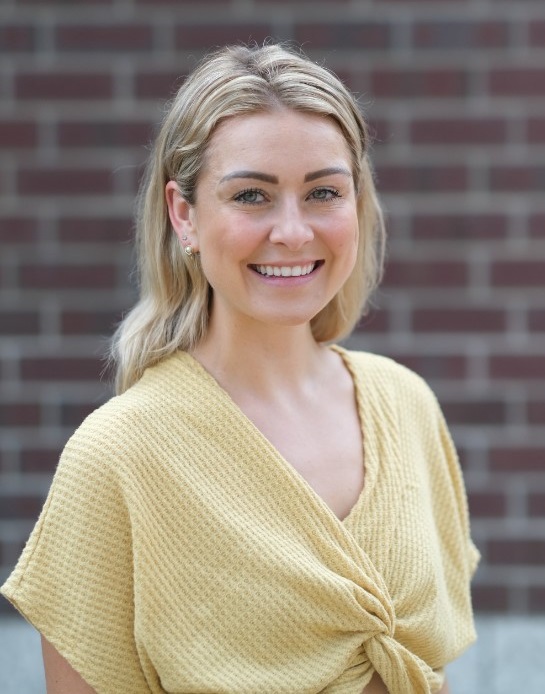
Sam graduated from the U of R in 2017 with a Bachelor of Business Administration degree. She worked for the provincial government in income qualified programming for 4 years prior to transitioning into health studies. She is currently completing her first year of the Master of Physical Therapy degree, and first semester of the Global Health certificate. Sam will be assisting Dr. Stacey Lovo and Dr. Brenna Bath in their research that looks to Enhancing Access to Team Based Musculoskeletal Care to Indigenous Communities Using Virtual Technology. She is working towards a career in healthcare with a focus on policy change, equitable access to care, and culturally sensitive practice.
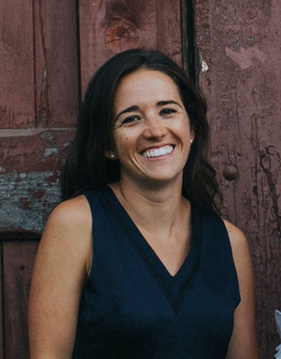
Alison completed her Master of Public Health degree at the University of Victoria with a concentration in Indigenous peoples’ health. She has experience with qualitative community-based Indigenous health research and program evaluation. She coordinates the development of grants, research trips and meetings, as well as knowledge mobilization events. She is also involved in data collection and analysis as well as manuscript development for some of the current MHAC projects. Alison is also a PhD student in the department of Geography and Planning looking at water-related health with the use of Indigenous Traditional Knowledge in partnership with the Akaitcho Territory Government in the Northwest Territories. She works with MHAC on special projects.
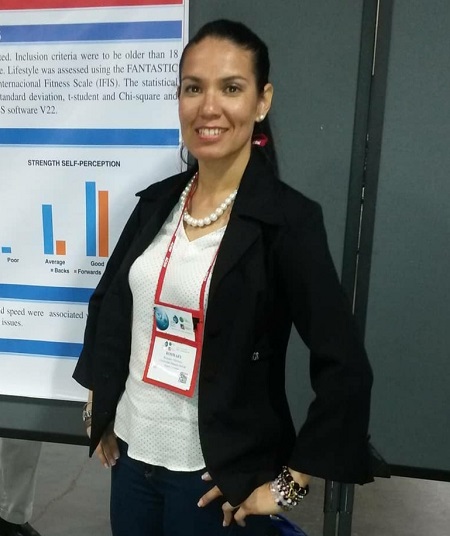
Rosmary Martínez Rueda is a PhD student in the Department of Community Health and Epidemiology at the University of Saskatchewan. She received her Bachelor degree in Physiotherapy from Universidad Industrial de Santander (UIS) in Colombia, and her Master’s degree in Public Health from Universidad Nacional de Colombia. Prior to her PhD studies, she worked as a professor in the Physical Culture, Sports and Recreation program at Santo Tomás University, Colombia. She conducted several research projects related to different public health issues: lifestyle and cardiovascular risk factors, the formulation process in physical activity policies, and technological innovation in health services. She also has worked on lifestyle, self-care and self-perception in sports. Her current interest in research is focused in the role of physical therapist in health promotion practices. Rosmary has been recognized as a research associate for the The Ministry of Science, Technology, and Innovation.
Matt graduated from the U of S in 2020 with a Bachelor of Arts and Science degree in Environment and Society which provided him with a background into the relationship between the health of human populations and the physical environments they interact with. As of the 2021-22 academic year, Matt will be in his second and final year of a Master of Physical Therapy degree. He believes that becoming a physical therapist will not only allow him to explore and understand the nuances of human health and functioning but will also give him the opportunity to educate people as to how they can shape their day-to-day environment in a way to better promote their overall health. Matt is currently performing a needs assessment of Physical and Occupational Therapy resources for the File Hills Qu’Appelle Tribal Council and All Nations Healing Hospital in Saskatchewan. His goal is to work with Indigenous communities upon graduation and is using his research experience to inform his future practice to provide equitable services while remaining culturally sensitive and respectful.
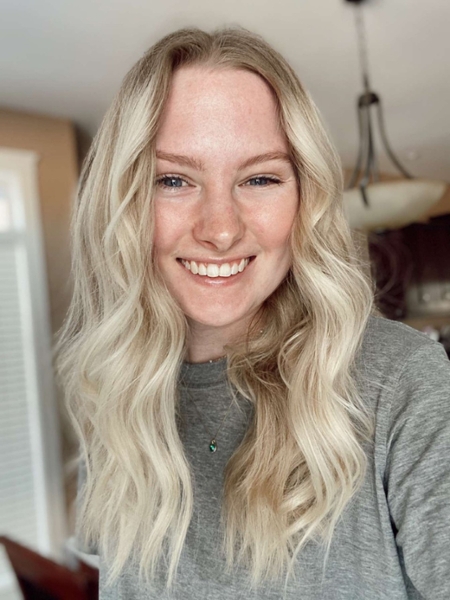
B.Sc. (Kin), Year 3 Project title: Rehabilitation Needs Assessment - File Hills Qu’Appelle Tribal Council and All Nations Healing Hospital. Rebecca Sawatsky is an undergraduate student in the College of Kinesiology at the University of Saskatchewan. She has been involved in facilitating physical activity for youth as a volleyball coach in a development program, summer camp, and club team setting for the past four years out of Central Valley Volleyball Club in Warman, SK. She is a current administrator for Craven Sport Services based out of Saskatoon, SK.

Tayah is a recent graduate of the University of Saskatchewan, earning her Bachelor of Science Honours in Physiology and Pharmacology. She has been involved with several studies related to Remote Presence Technology and access to care. Most recently, Tayah worked alongside a community research team member and Elder from Pelican Narrows to adapt a facial pain scale that will be used as an evaluation tool in MHAC’s project ‘A Community-Informed Team and Technology Approach to Chronic Back Pain Management in Partnership with a Northern Saskatchewan Cree First Nation’. Tayah will be a valuable MHAC research assistant providing her experience with patient-oriented and community-based research.